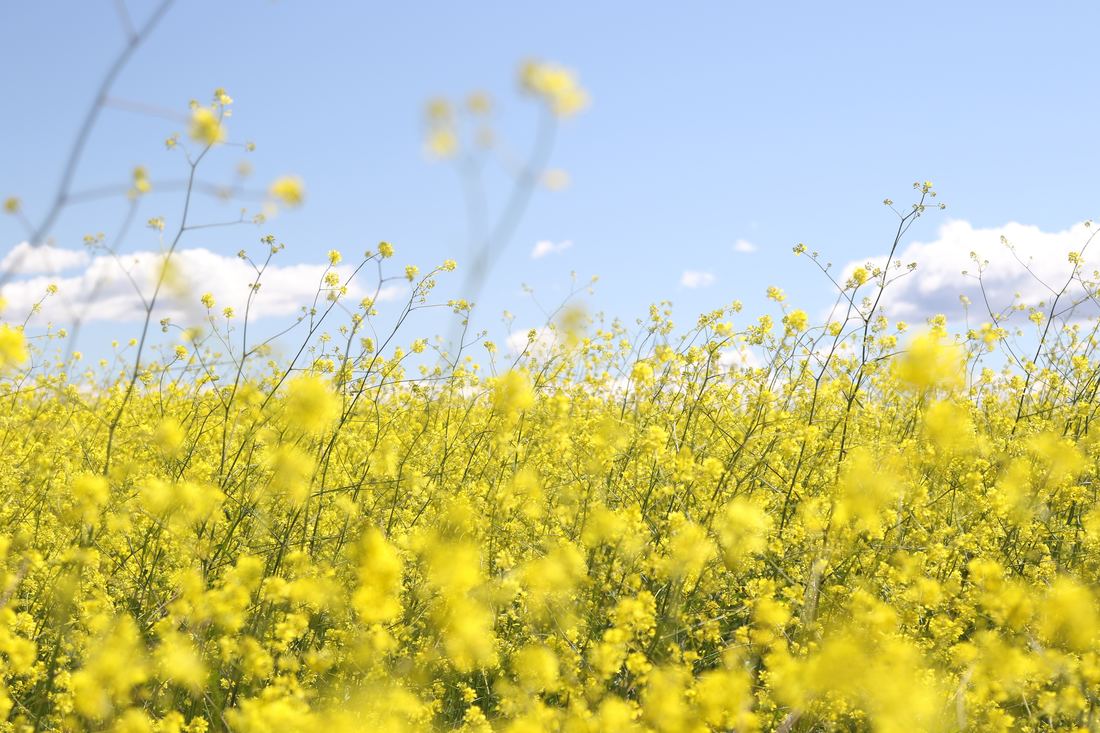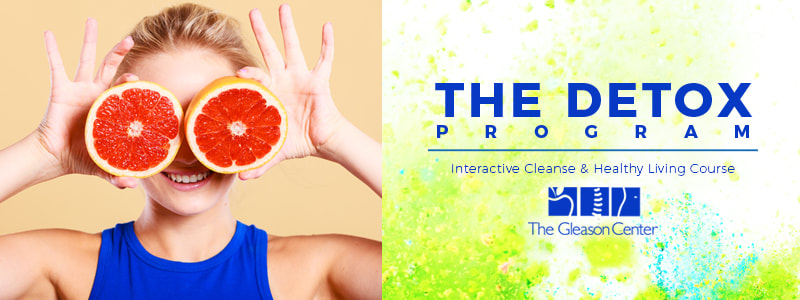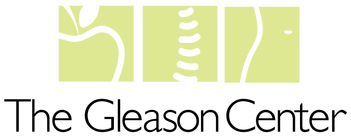|
By: Gleason Center Editors, Dr. Daniel Gleason DC Spring is here! That's the good news. However, with it come seasonal allergies. That's the bad news. Nasal allergies (aka Hay Fever) bring sneezing, itchy/watery eyes, runny nose, and sinus headaches. The associated redness, swelling, and pain indicate inflammation. Allergies come primarily from pollens. In the Spring, it's trees. In the Summer, it's grasses. In the Fall, it's weeds. And molds and fungi are prevalent all year round but are highest in Summer. Prevention and Treatment Conventional treatments include avoidance, medications, and/or immunotherapy. Let's look at each of these options more in depth: Avoidance Avoidance can be effective. Using masks, staying indoors, relying on air filters, air conditioners, and dehumidifiers can reduce exposure to allergens and minimize mold overgrowth. Medication Antihistamines block the histamine receptors, preventing the immune reaction. Steroids, bronchodilators, and decongestants can be used singly or in various combinations. The newer antihistamines have some contraindications so use with caution and only with your doctor's close supervision. Immunotherapy Immunotherapy, or allergy shots, start with injections of the offending allergens in very small doses. Then, a series of shots with increasing dosages is administered over a long period of time At The Gleason Center, we recommend alternative treatments or a combination of conventional and alternative therapies. We've found the following natural therapies to be highly effective at combating seasonal allergies: Diet Diet can have a profound effect on allergies. Foods that are pro-inflammatory will increase your reaction to airborne allergens. Swap pro-inflammatory foods for anti-inflammtory foods and see the difference. Learn which foods to enjoy and which ones to skip with our Anti-Inflammatory Trade Off Table. Supplements
Probiotics Probiotics improve gut function and overall gut health boosting the immune system. Probiotics, especially lactobacillus, show promise in the prevention and treatment of allergies. If you like this post, you might also enjoy: Anti-Inflammatory Trade Off Table
0 Comments
Leave a Reply. |
CONNECT WITH US!Follow us on Facebook for weekly inspiration, newsletters, recipes, and giveaways!
CATEGORIES
All
SEARCH THE BLOG |
Take the first step. We're ready for you.
616-846-5410
M/W/F 8:00am - 5:30pm
Closed 12:30pm - 1:30pm (Lunch)
T/Th 8am - 1pm
Sat/Sun Closed
Home | Order Supplements | Privacy | Terms | Contact | Facebook | Review Us
M/W/F 8:00am - 5:30pm
Closed 12:30pm - 1:30pm (Lunch)
T/Th 8am - 1pm
Sat/Sun Closed
Home | Order Supplements | Privacy | Terms | Contact | Facebook | Review Us
Information and products offered here are not intended to diagnose, treat, cure, or prevent any disease. Statements have not been evaluated by the FDA.
© 2023 The Gleason Center
© 2023 The Gleason Center



